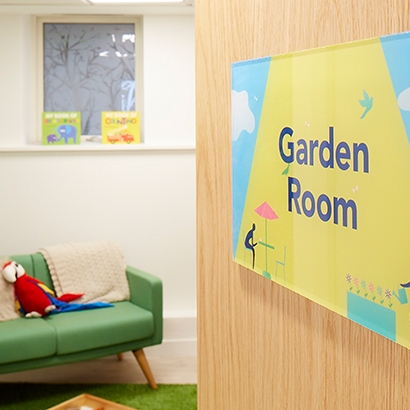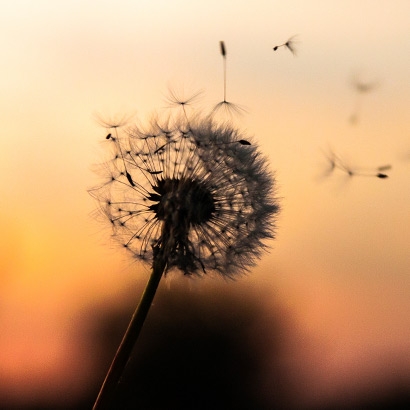The designer behind the Morgan Stanley Garden at the Royal Horticultural Society Chelsea Flower Show in London shares tips on how you can carefully manage resources in your own garden.
For the past five years, Morgan Stanley’s Show Gardens, designed by plantsman Chris Beardshaw, have been a destination for hundreds of thousands of gardening enthusiasts at the Royal Horticultural Society’s Chelsea Flower Show in London, one of the best-known horticultural shows in the world. This year, Chris has incorporated innovative ideas and materials throughout the project to encourage the efficient use of resources and to stimulate conversations about some of the more sustainable choices available to gardeners today.
Here, Chris continues that discussion, offering his expertise on creating a garden that flourishes, while using resources considerately.
Plant Green Boundaries
Incorporating hedges as garden boundaries, rather than using fences or walls, can provide a multitude of benefits. An evergreen hedge offers shelter for small birds and mammals as well as a nesting environment during the winter. Hedges also assist in slowing and dissipating strong winds, lessening the damaging effect of winter on your garden.
Bump Up Your Borders
One of the ways I’ve found to combat weeds is to increase the proximity of my plants. Borders that feature up to five herbaceous plants per square meter reduce the opportunity for weeds to take hold and become self-supporting, lessening the need for staking.
Remember, Mulch Matters
To finish off your borders, apply a dense layer of organic mulch, such as dried and composted leaves, around plants and shrubs. Research suggests that generously applying mulch at a depth of 5 centimetres can improve your soil’s water-holding capacities significantly.
Be Practical With Plants
It’s important to choose varieties of plants that are the right fit for the conditions in your garden. If a plant is unlikely flourish in your garden, it’s worth thinking twice before buying it—no matter how lovely it is. The goal is to get the right plants to thrive naturally, so they are robust and resilient which reduces reliance on pesticides and fungicides.
Feature Water Wisely
Creating water features in the garden is a welcome habitat for insects and provides birds and mammals with drinking water, as well as a place to wash. In some settings, water can also be a store that you can dip into to help to irrigate your garden.
Harvesting rainwater from terraces or rooftops to top up your water features not only reduces your water consumption, but also reduces the risk of algal bloom, as harvested rainwater is low in algae promoting nitrates.
Cut Down on Noise and Pollution
It’s easy to forget that it’s not just about the plants. You also might consider the types of tools you use. Petrol- and diesel-powered tools can be noisy and produce fumes, especially if you’re working in a confined garden. When it’s time to replace your power tools, think about quieter battery-powered versions.
Reduce Waste by Repurposing
Ready to replace plants, paving, or lawn furniture? It’s time to find them a new home. Used items often can have a long life ahead of them when placed in the right hands. That has been the case with each of Morgan Stanley’s five Chelsea Flower Show gardens, which have been repurposed to benefit eight communities across London. Also, if you’re planning a construction project, such as building a greenhouse or other structure in your garden, specialist contractors can recycle what many consider to be waste products, such as repurposing concrete that increasingly can be recycled into roadways and paths.
Be More Efficient
An eco-pump can help ponds run more efficiently, and circulating water keeps it oxygenated and healthy, removing the need for toxic algaecides. There are many filters and cleaning systems that use UV light, so a healthy pond can be achieved without having to resort to chemicals to keep the water clean.
Using low-voltage LED light bulbs can cut down on light pollution. Staying up-to-date on the latest gardening tools and techniques available can help you keep your garden running efficiently.



